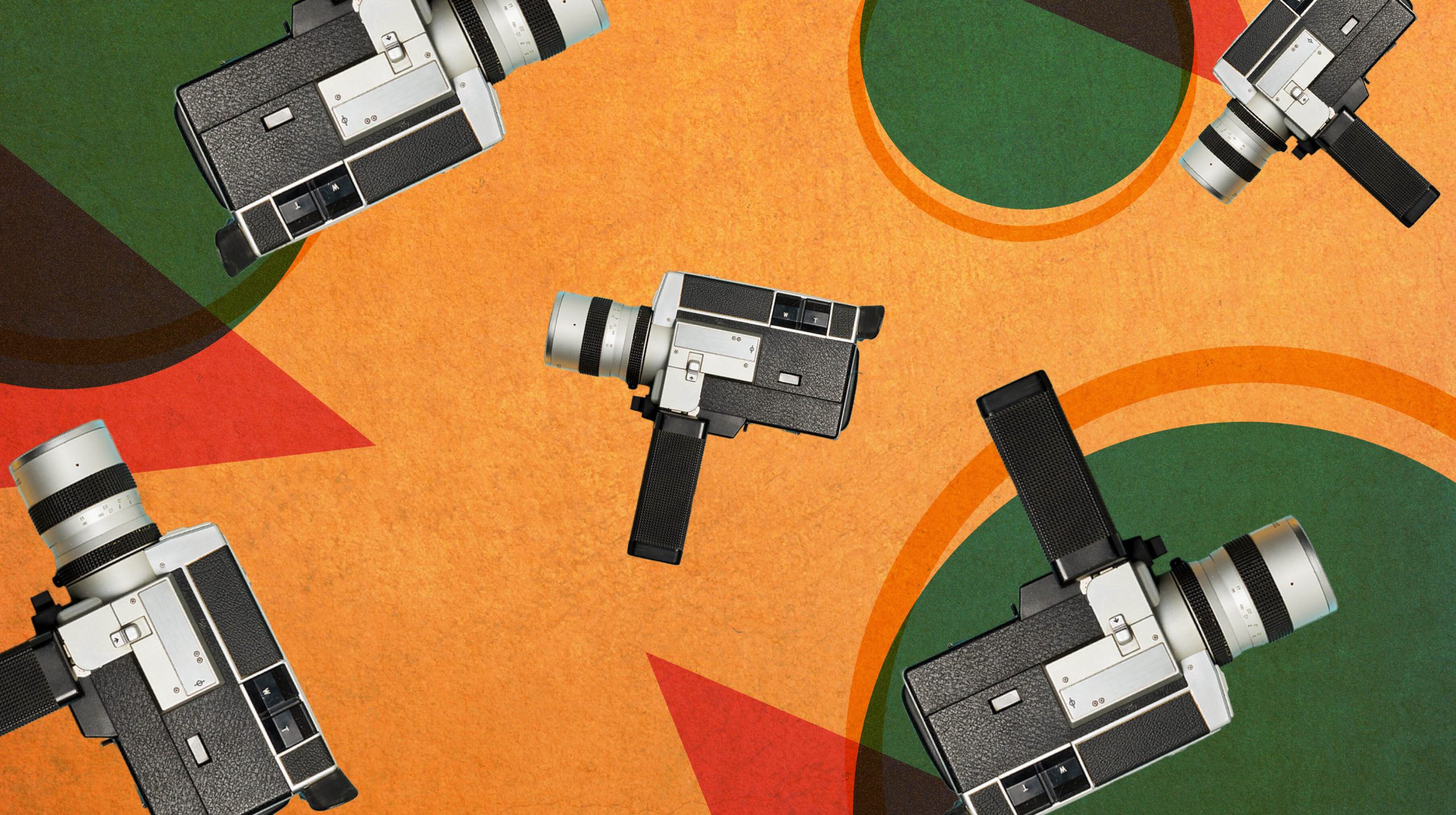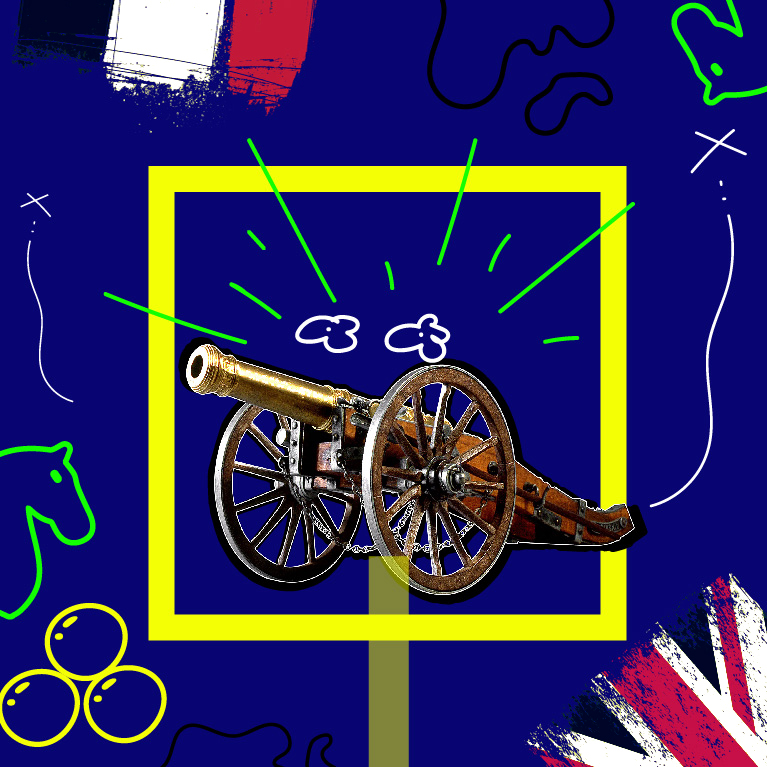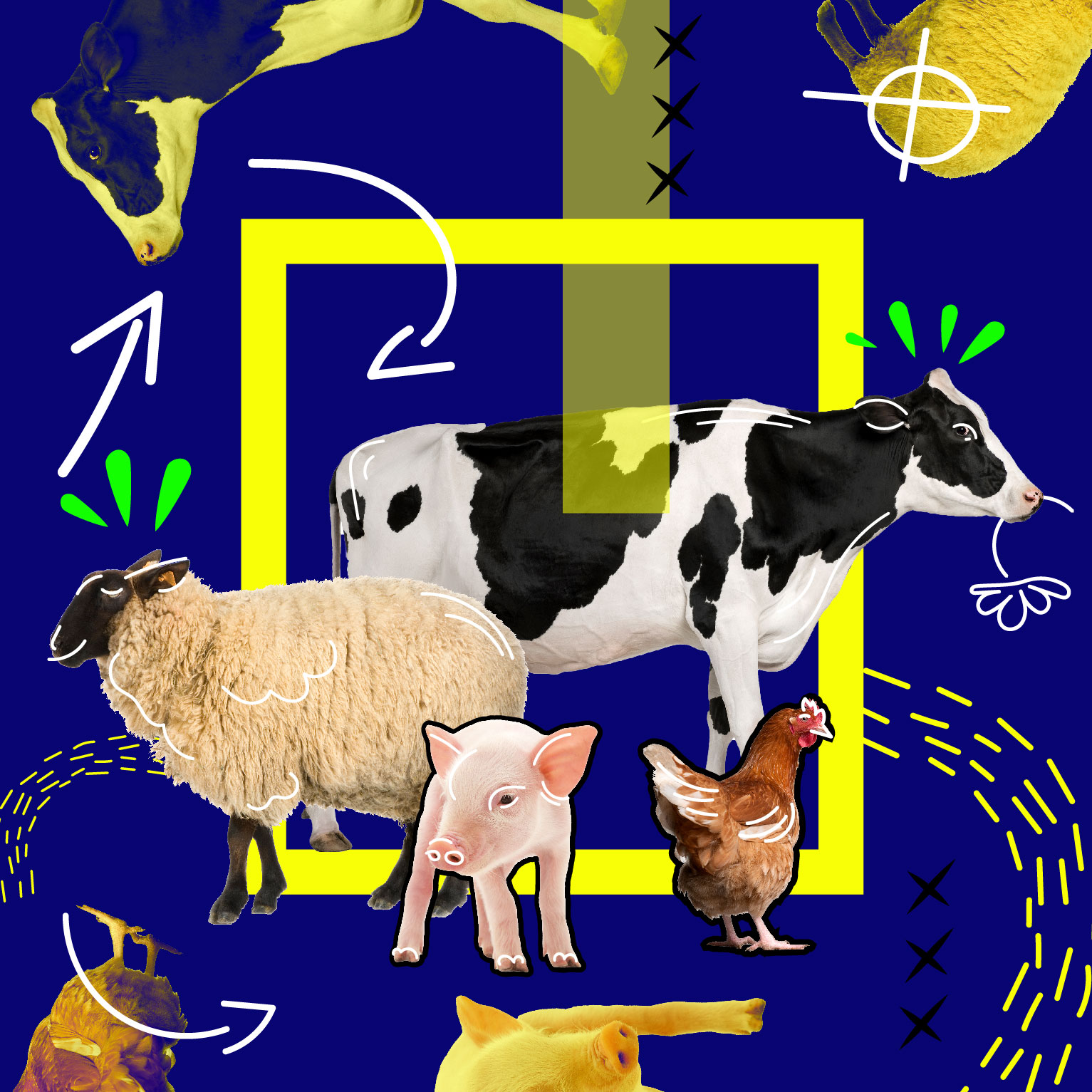

The Amazing Story of Math and the Human Mind
The Amazing Story of Math and the Human Mind
This video will try to explain how humans went from scraping out a humble existence on the African savannah to calculating the orbits of the stars
Transcript
Are you a fan of mathematics or do numbers fill you with dread? Whatever your take, there’s no denying that math runs the world.
Numbers govern everything, from the intricacies of financial markets to boring tasks like setting your alarm clock or microwaving popcorn. From knowing your shoe size to remembering your own birthday, it’s hard to imagine a world without numbers!
But hold on, math is more than just a tool for everyday tasks: it can help unravel the profound mysteries of life, the universe and everything.
But where do all those numbers come from? Join us on a journey to discover how humans went from scraping out a humble existence on the African savannah to writing algorithms that can predict our actions. So – What’s the story with math?
Have you ever wondered how your brain can instantly calculate small sets of numbers in a flash? For example, I’m sure you can tell how many dots there are here and here without even counting. This is thanks to a little skill called subitizing: the ability to tell at a glance how many objects there are in a set.
Humans aren’t the only species that can subitize. Some other animals can do it too: salamanders, racoons, dolphins, parrots and monkeys can all subitize. But subitizing has its limits. It’s when we break away from small ordered sets that subitizing starts to become much harder.
At a glance, how many dots would you say there are here? Not so easy, right? You probably need to count this set of dots, and it might take you a whole second. Sets of objects that are larger than four are generally too big for subitizing and have to be counted. But counting requires more time and effort: it’s a skill most humans have to be taught.
So why are we humans naturally able to count small numbers but not larger sets? The answer to this question goes back to the beginning of our species.
If you’ve ever used a ruler or stood in line, chances are this sequence of numbers is very familiar to you. You know how it works: the numbers come one after the other, evenly spaced along a line that extends to infinity. It seems so obvious, but is it? The number line doesn’t exist anywhere in nature. It’s a cultural artifact – a tool – that helps us keep track while counting. But is it really universal?
Some hunter gatherer tribes use a completely different kind of number line. Why would hunter gatherers have a number line like this? Why is it so different from how we perceive numbers? Well, they didn’t need to keep track of large number sets, so the difference between smaller numbers was much more important than the difference between bigger numbers.
For example, take an ancient hunter-gatherer who’s being chased by a pack of wolves. There’s a big difference between being chased by one wolf versus two wolves. I mean, it’s twice as many wolves! And that difference is much bigger than the difference of, say, 13 wolves versus 14 wolves. At that point, does it really make a difference in whether you can outrun them? Anyone being chased by 13 or 14 wolves would probably just shout: “Help! Help! I’m being chased by a bunch of wolves” rather than wait around to count them. Chances are, if you took the time to count the wolves, your last word would be “ouch!”, as you quickly became their dinner.
In some ways, not much has changed from the early days of our ancient predecessors. Just consider how we interact with social media today. Imagine you just posted a new photo online. If someone likes your post, you get a small surge of joy, and when two more people like it, that feels even better. But let’s say your video’s gone viral and over 3,000 people have liked it. At this point, you probably don’t get such a buzz anymore when two new people like your post.
That’s how the hunter-gatherer number line works: when the numbers get large enough, keeping track of them doesn’t matter so much.
So if our early ancestors only knew how to count to small numbers, when did we start using math? It’s hard to say exactly when humans invented math, but we know that people already used it by the time they started living together in cities. In fact, some of the oldest written records are people’s attempts to add up large numbers.
If you were a hunter-gatherer who found some wild wheat and brought it back to your camp, there wasn’t any reason to count every stalk of wheat. But once you were a settler living in a city, in an expanding empire, it was crucially important to keep track of every bit of grain that entered the city gates. After all, grain was how people paid their taxes, and how you fed your army.
So kings and emperors trained people called scribes to keep track of all these big numbers. It wasn’t a job for everyone, because calculating big numbers makes a lot of people nervous.
Yes, math anxiety is real. Maybe you remember dodging the teacher’s eyes when they asked for the solution to a math problem? If it makes you feel any better, ancient scribes in Egypt and Mesopotamia struggled with math too.
One of the oldest known math textbooks is an Egyptian papyrus that’s over 3,500 years old. It taught students how to find the appropriate size for a ship’s parts and to measure large amounts of grain.
Although the equations are very sophisticated for their time, there are some errors in the calculations. So next time you have trouble doing the math, remember there’s a 3,500-year-old tradition of struggling with numbers.
But the student scribes of Ancient Egypt did have one advantage over today’s students. Their textbooks had really cool titles like: ‘Introduction to the Knowledge of All Existing Things and All Dark Secrets’.
And it wasn’t just the ancient Egyptians who thought that numbers held secrets. For philosophers like Plato, mathematics provided the key to knowledge about all that is beautiful, true, and divine in the world. Plato believed math exists independently of human thought: that we discovered the truths of math, not invented them.
In ancient China, texts such as the I Ching outlined a mathematical vision of reality. It was believed that the right mathematical code could help predict the future.
Throughout the centuries philosophers and scientists advanced mathematical ideas and applied them to physics, astronomy and technology. Without this evolution of math, that goes all the way back to the beginning of our species – we wouldn’t have the binary counting system that now powers computers around the world.
Today, complicated mathematical formulas called algorithms try to predict everything – from what TV show you’ll watch next and which product you might buy, to which people might commit terrible crimes. But is everything predictable? Can math truly unlock the secrets of reality?
Questions for reflection and discussion
- How do you feel about math? Do you enjoy it, or does it make you nervous?
- Can you think of a time you used math in a real-world situation? How did it help you?
- Can you think of something you do daily that relies on math?
- Have you ever noticed how numbers on social media affect your mood or behavior? If so, how?
- Hunter-gatherers used a number line that valued small numbers more than large ones. Do you think this approach to numbers makes sense in today’s world? Why or why not?
- The ancient Greek philosopher Plato believed that math exists independently of human thought and that it reveals truths about the universe. Do you think math is discovered or invented? Why?
- Is there something math cannot explain about the world? If so, what?
- Ancient scribes struggled with math, and even their textbooks contained errors. Does this change how you view your own struggles with math?
- Why do you think math is such an important subject in schools, even for students who don’t plan to work in technical fields?
- Some ancient civilizations saw math as a way to predict the future. Today, math is used in algorithms that can predict our actions, such as what we’re likely to buy next or watch on tv. What do you make of this? Should math be used to predict our behavior?
- With AI and advanced algorithms shaping our world, do you think math will always remain a human skill, or will machines eventually take over completely?
- If you could ask a mathematician one question about the universe, what would it be?



